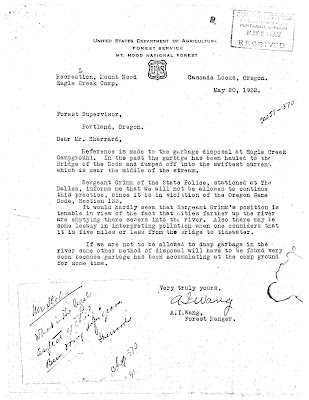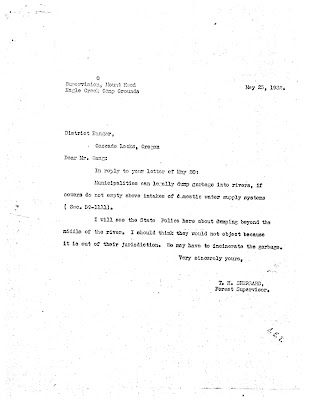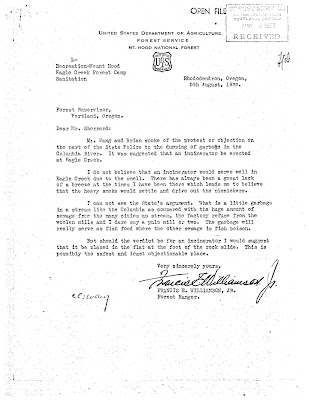I must have spring fever.
Or summer fever, since today is the last day of May and it’s finally summer in Laramie. Characteristically having skipped spring altogether.
We turned the heat off yesterday and took off the storm windows to replace them with screens, in preparation for our open house. A steady stream of people came through, our agent reported, while we were off hiking. It feels like the switch has turned on and we’ll get an offer soon. Apparently we very nearly had an offer before, but the woman decided against our house because she was afraid her grandchildren would drown themselves in the back yard fish pond. What? Oh, two feet deep. Yeah.
But my mind is quiet today.
I know, not like me. But it’s better than I was last week, when I posted on Facebook that I was “of two minds. Or three. Or four or more. Like a tree in which there is a flock of grackles.” Now the chirping and fluttering has diminished. Robins are singing in the happy warmth. A juvenile hawk whistles nearby. I feel good about my plans to revise Obsidian.
Apparently a storm hit Vedauwoo right after we were hiking up there: three to five inches of hail. But for us, the sun shone.
At Julianne’s birthday party last night, her photographer husband told me he’d hear our radio debate about the voice in my book. I asked what his vote was. He says he creates for the joy of it. If people like it fine, if not fine. He doesn’t worry about it. I’m not worried either.
But I do know what I want.


 It’s shocking, isn’t it, that they’re arguing about dumping garbage in the Columbia? After all, they’re very careful to dump it from the bridge in the best spot, with the swiftest current. You laugh to read it.
It’s shocking, isn’t it, that they’re arguing about dumping garbage in the Columbia? After all, they’re very careful to dump it from the bridge in the best spot, with the swiftest current. You laugh to read it.